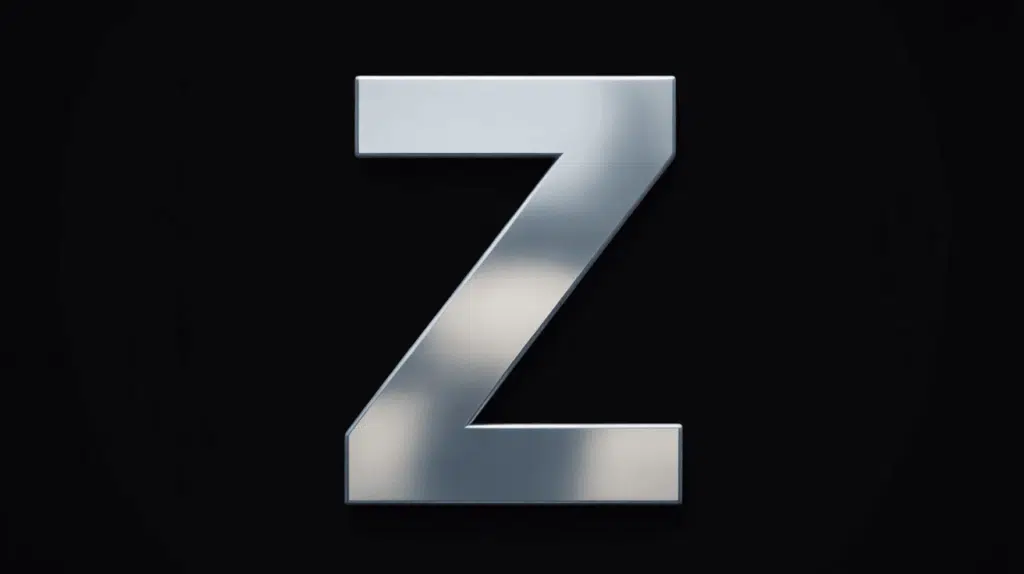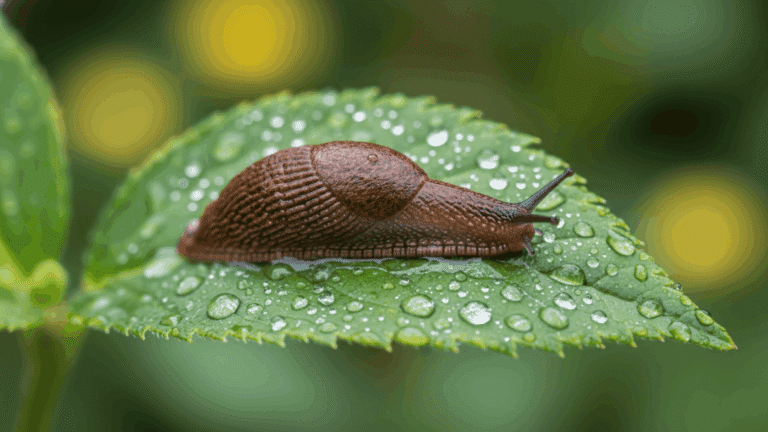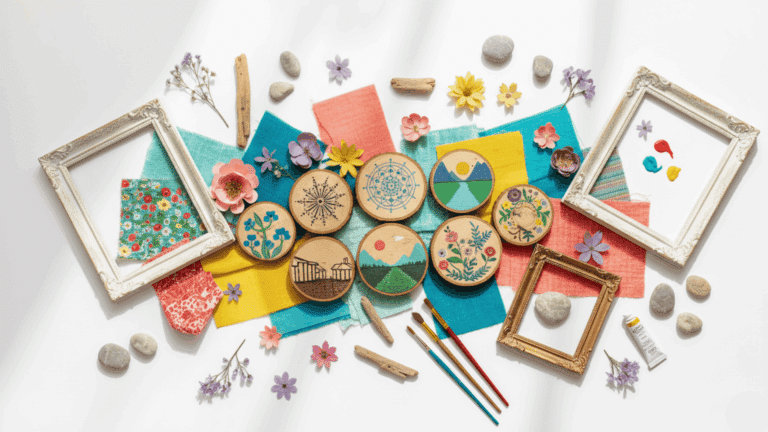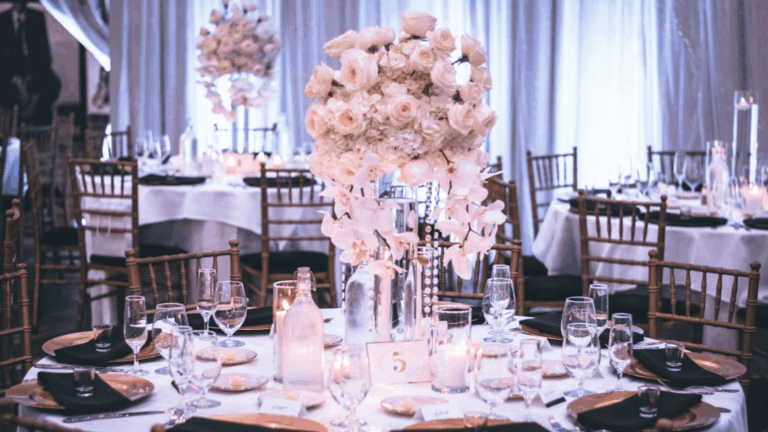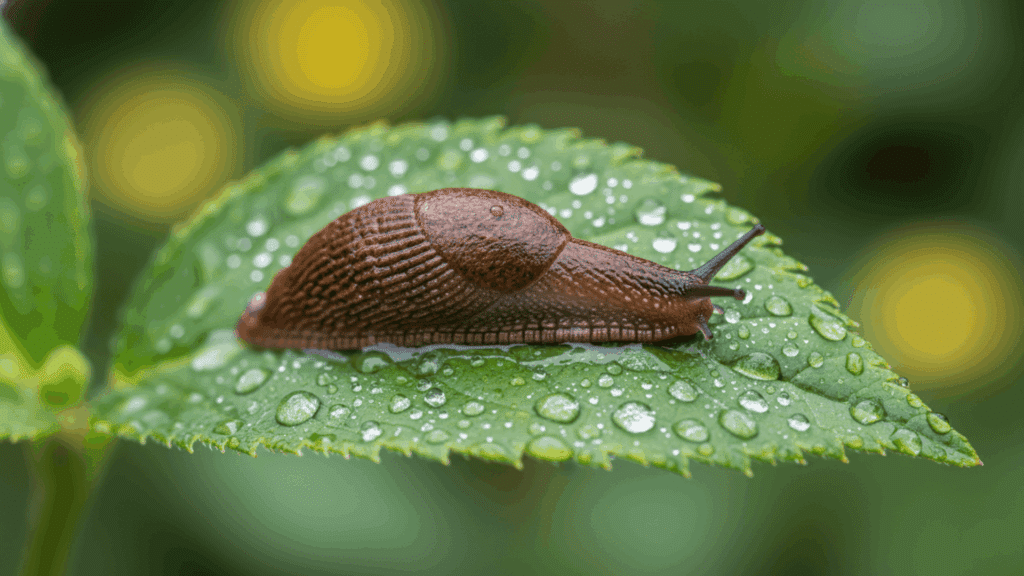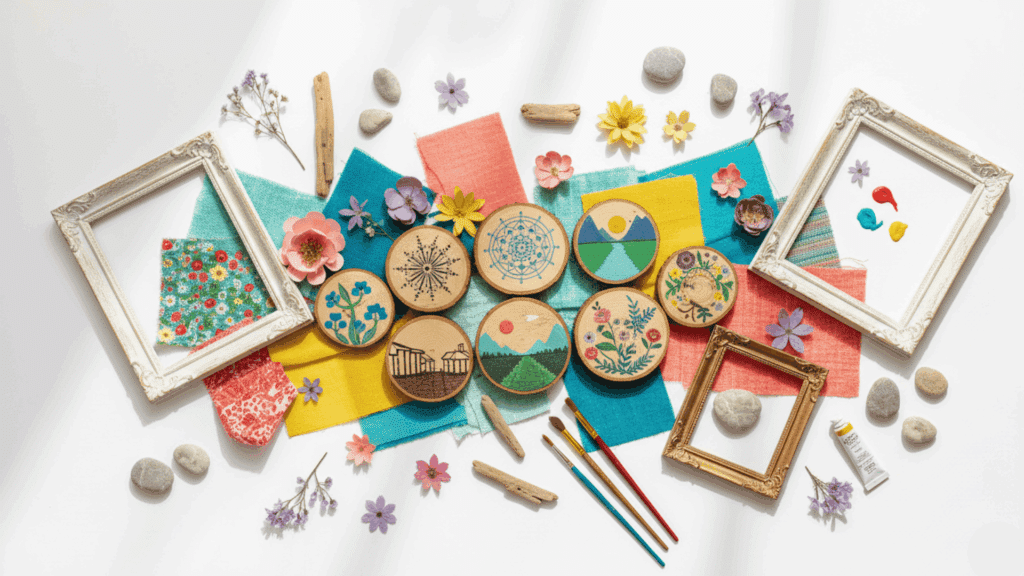Many people find it challenging to build their vocabulary beyond the basics.
They know that expanding their word knowledge would help in conversations and writing, but they often struggle to find interesting options that actually stick in memory.
This collection of fun words that end with Z offers a simple and fresh approach to vocabulary growth.
The blog post provides memorable Z-ending words that readers can start using right away to make their daily conversations and writing more engaging.
What Makes Words Ending with Z Unique
Words ending with Z stand out in the English language because they’re quite rare compared to other letter endings.
The letter Z appears at the end of English words for several interesting reasons. Many Z-ending words come from other languages, bringing their original spelling patterns into English.
Key characteristics that set Z-ending words apart:
- Sound appeal – The Z sound creates a buzzing effect that makes words memorable and fun to say
- Language origins – Many come from German, Yiddish, Spanish, and other languages
- Spelling patterns – They follow different rules than typical English words, making them stand out
- Conversation value – Their unusual nature makes them perfect for impressing friends or winning word games
These words also tend to be shorter than average English words, with most having just one or two syllables. This brevity, combined with their distinctive sound, helps explain why they stick in our memory so well.
Unique Words That End with Z You Should Know
There is something special about words that end with Z. They stand out, they pop, and they often carry an unexpected energy.
Whether used in speech, storytelling, or games, these words can make language more lively and fun. For anyone building a quirky vocabulary collection, these carefully chosen words are a perfect place to start.
Striking Z-Words from Everyday to Global Use
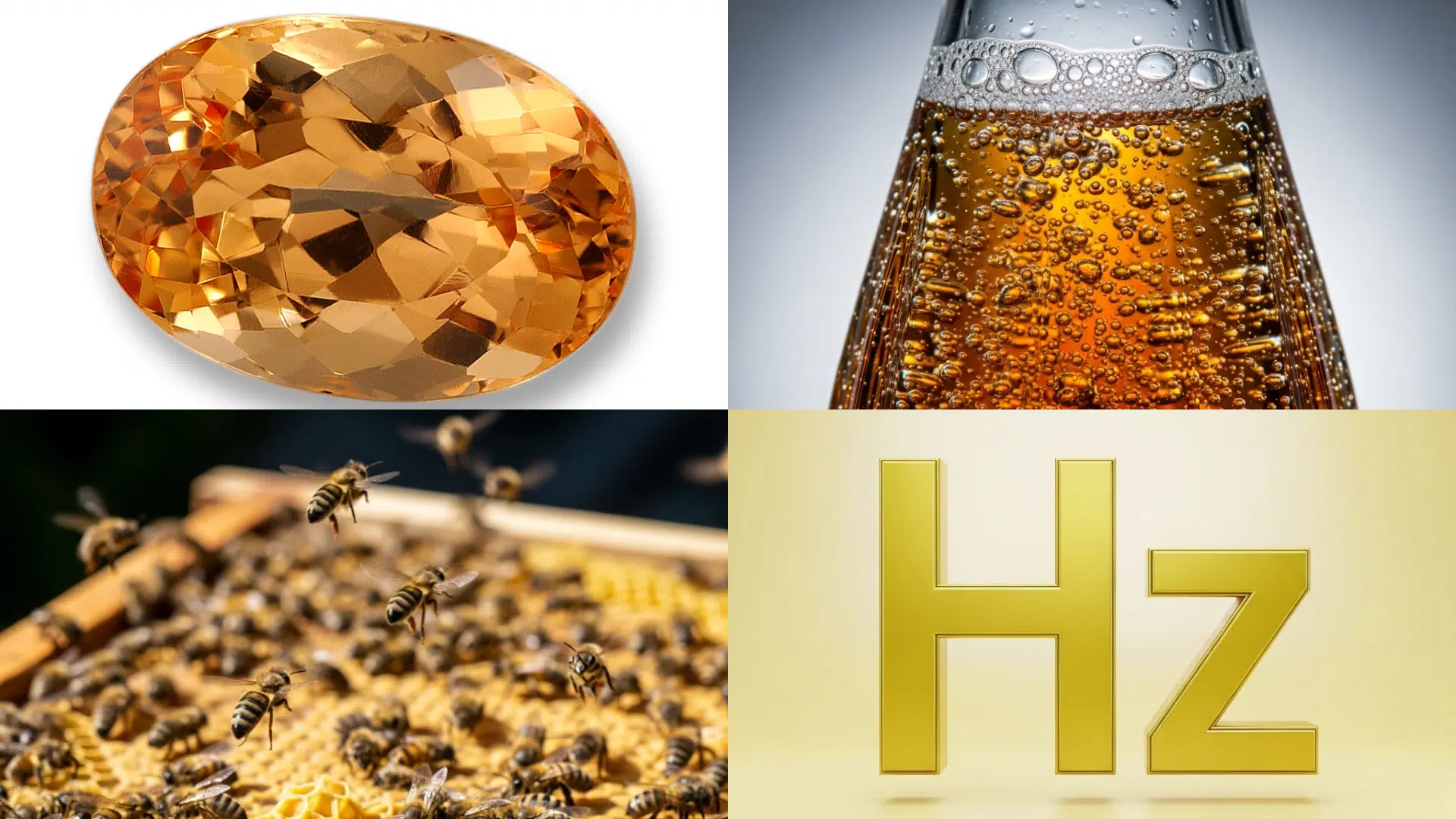
1. Topaz
Topaz is a radiant gemstone that appears in shades like golden yellow, blue, and pink. It’s valued for its hardness and brilliance in jewelry. Historically, it symbolized strength and clarity. It’s also November’s birthstone.
2. Fritz
Fritz is slang for something broken or not working properly. It’s often used for electronics or gadgets. The term adds a light, humorous tone to technical troubles. Its origin may link to old American or German slang.
3. Klutz
Klutz describes someone who is clumsy or accident-prone. It comes from Yiddish and adds humor to minor mishaps. The word is commonly used in everyday conversation. It softens awkward moments with a playful twist.
4. Spaz
Spaz refers to someone behaving with exaggerated energy or excitement. Though informal, it’s often used to describe overly enthusiastic actions. The term should be used carefully due to varying sensitivities. It’s most common in older slang.
5. Whiz
A whiz is someone extremely skilled or talented, especially in academics or tech. It can also describe something moving quickly. The word is often used positively. It implies speed and intelligence.
6. Buzz
Buzz refers to a humming sound or general excitement. It can describe both literal noises and metaphorical hype. The term is popular in advertising and social media. It suggests energy and attention.
7. Jazz
Jazz is a music genre known for improvisation, rhythm, and soul. It began in New Orleans and influenced many styles globally. Jazz also symbolizes creativity and spontaneity. The word is often used metaphorically for flair.
8. Blitz
Blitz means a rapid and intense effort, originally from wartime terminology. It’s now used in sports, marketing, and daily tasks. The word conveys speed and impact. It comes from the German “blitzkrieg.”
9. Geez
Geez is an exclamation for mild surprise, annoyance, or disbelief. It’s a casual substitute for stronger language. Common in speech, it keeps reactions family-friendly. It’s widely used in American English.
10. Prez
Prez is an informal version of “president.” It’s often heard in school or casual settings. The word keeps the title but drops the formality. It adds a playful tone to leadership roles.
11. Fez
A fez is a round, red hat with a flat top and tassel. It’s traditionally worn in the Middle East and North Africa. The hat has cultural and ceremonial importance. It also appears in classic pop culture.
12. Quiz
A quiz is a short test to assess knowledge or memory. It’s commonly used in schools, apps, and games. Quizzes are informal but informative. They’re a staple of modern learning.
13. Tiz
Tiz is a shortened form of “tizzy,” meaning a confused or excited state. It’s playful and light in tone. People use it to describe minor emotional chaos. The word appears mostly in informal dialogue.
14. Razz
To razz is to tease someone in a fun or mocking way. It stems from the word “raspberry.” Often used in sports or banter, it’s rarely offensive. It adds humor to friendly interactions.
15. Fizz
Fizz is the sound or effect of bubbles, usually in soda or champagne. It also describes a lively or sparkling energy in people or situations. The word is commonly used in drinks marketing. Its sensory appeal makes it fun and expressive.
16. Griz
Griz is a short form of “grizzly,” often used for bears or mascots. It conveys a rugged, wild image. Sports teams and outdoor brands favor the term. It feels strong and memorable.
17. Zizz
Zizz is British slang for a quick nap or doze. It’s informal and slightly old-fashioned. The word mimics the sound of light snoring. It’s charming and often used humorously.
18. Bortz
Bortz is a type of industrial diamond unsuitable for jewelry. It’s valued in cutting and drilling due to its hardness. Though not glamorous, it’s vital in manufacturing. It’s commonly used in engineering fields.
19. Plotz
Plotz means to faint or collapse from emotion, often exaggerated. It comes from Yiddish and adds humor to reactions. People use it when overwhelmed by joy, pride, or surprise. The word is lively and expressive.
20. Chintz
Chintz is a floral-patterned cotton fabric used in curtains or upholstery. Originally from India, it became popular in European decor. The word also refers to anything overly flashy or outdated. It has both decorative and critical uses.
21. Frizz
Frizz describes hair that is curly or unmanageable, often from humidity. It’s a common beauty concern. Haircare products often target frizz control. The word is descriptive and easy to visualize.
22. Speltz
Speltz is a lesser-known grain related to spelt. It’s nutritious and used in specialty baking or health foods. Historically grown in Europe, it’s valued for being hardy. It appears in some artisan flours.
23. Schnitz
Schnitz refers to dried apple slices, used in Pennsylvania Dutch cooking. It’s often included in traditional dishes. The word reflects rural preservation methods. It’s tied to cultural recipes and heritage.
24. Wootz
Wootz is a historical steel alloy from India, known for its strength and patterned surface. It helped inspire Damascus steel. Warriors prized it for durability. It’s a symbol of ancient metallurgy.
25. Matzoz
Matzoz is the plural of matzo, the unleavened bread eaten during Passover. It represents historical and religious traditions. The bread is flat and crisp. It’s central to Jewish ceremonial meals.
26. Muntz
Muntz metal is a corrosion-resistant brass alloy used in marine applications. Invented in the 1800s, it’s strong and affordable. It’s widely used in ship hulls and fittings. It reflects industrial innovation.
27. Kranz
Kranz is German for “wreath,” used in both festive and solemn settings. It symbolizes unity or remembrance. You’ll find it in celebrations like Advent or funerals. The word carries emotional and cultural weight.
28. Lutz
A Lutz is a jump in figure skating that starts on the back outside edge and rotates in the air. It’s named after Austrian skater Alois Lutz. The move is challenging and elegant. It’s a staple in competitions.
29. Heptaz
Heptaz is a rare chemistry term used for compounds with seven atoms of a kind. It’s technical and found mostly in molecular naming. The prefix “hepta-” means seven. It’s a niche but accurate scientific term.
30. Blintz
A blintz is a filled, rolled pancake often stuffed with sweet cheese or fruit. It’s pan-fried and served hot. The dish is popular in Jewish cuisine. Blintzes are especially common during holidays.
31. Hizz
Hizz is a stylized version of “his,” often found in hip-hop or urban slang. It adds rhythm to lyrics or dialogue. The spelling creates emphasis and identity. It’s part of creative language play.
32. Jeez
Jeez is a mild expression used to show surprise or frustration. It’s a gentler version of stronger words and is often used in cartoons and books. Kids may say it when something unexpected happens, like “Jeez, that was close!”
33. Hertz
Hertz is the standard unit for measuring frequency. It shows how many cycles occur per second. The term honors scientist Heinrich Hertz. It’s used in sound, physics, and electronics.
34. Glitz
Glitz means extravagant showiness, often linked with fashion or entertainment. It suggests sparkle and spectacle. Sometimes it implies style over substance. The word is flashy and bold.
Rare, Invented, and Fictional Z-Words
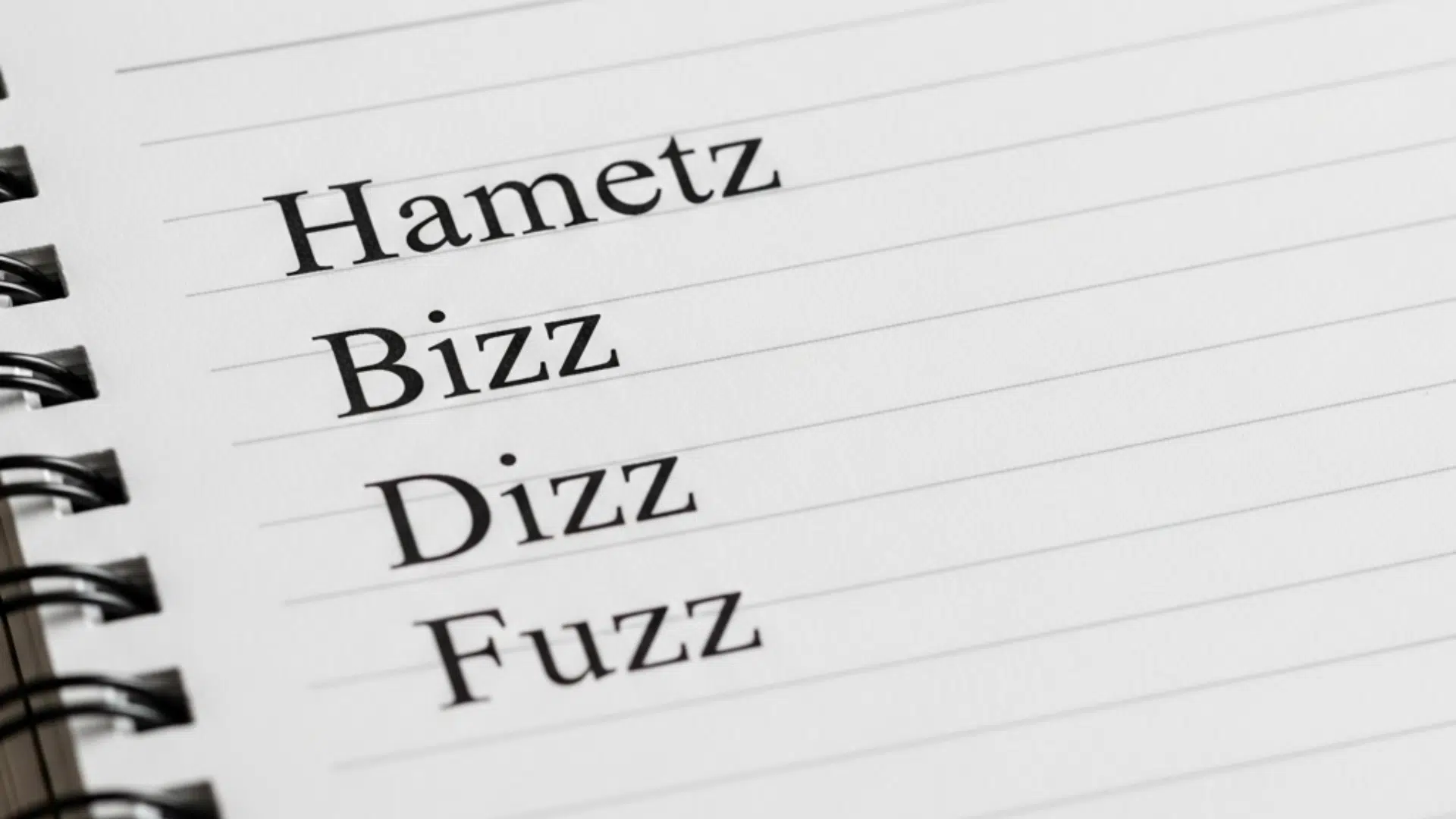
35. Hametz
Hametz refers to any leavened food made from grains like wheat or barley that is forbidden during the Jewish holiday of Passover. Observant households remove or sell all hametz before the holiday begins.
36. Xertz
Xertz is a humorous made-up word meaning to gulp something down quickly. It appears in novelty vocabulary lists. Though unofficial, it’s fun and descriptive. It’s often used in creative teaching.
37. Bizz
Bizz is slang for “business,” often informal or related to entertainment. The phrase “show bizz” is still common. It implies hustle or industry. The word is energetic and casual.
38. Troz
Troz is a nonsense word found in old cartoons. It’s meant to sound dramatic or magical. The word has no set meaning. It adds flair to action or comedy scenes.
39. Fuzz
Fuzz refers to soft, tiny fibers or hair, like what you find on a peach or sweater. It can also describe the soft texture on animals or toys. The word is fun and often used to describe cozy things.
40. Snazz
Snazz refers to stylishness or flair, often in outfits or decor. It suggests something eye-catching and trendy. The word is upbeat and modern. It’s popular in fashion talk.
41. Plozz
Plozz is a fictional or invented word, often used in games or fantasy writing. It might represent an action or object. Writers use it for world-building. It has no official definition.
42. Dizz
Dizz is a slangy form of “dizzy” or a nickname in music and poetry. It suggests confusion or a spinning feeling. The term has rhythm and attitude. It’s occasionally used in stylized writing.
43. Swozz
Swozz is a made-up word used in children’s media or cartoons. It mimics a magical or sci-fi sound. Words like this enhance storytelling. They’re creative and playful.
44. Trezz
Trezz is a fictional name used in fantasy games and stories. It sounds bold and powerful. Writers use it to name characters or places. It feels unique and commanding.
45. Brizz
Brizz is a slang term with various meanings depending on region. It might refer to a person, vibe, or style. The term shifts across cultures. It’s informal and flexible.
46. Blaz
Blaz is a nickname or shortened form of names like “Blaze” and is sometimes used in games or books. It suggests speed, energy, or something cool and exciting. Kids might use it as a fun character name or in pretend play.
47. Skuzz
Skuzz means dirt or filth and can also describe shady characters. It’s used to convey grime or sketchiness. The word has a gritty feel. It’s common in punk or street slang.
48. Flez
Flez is a made-up or poetic word that may suggest flexibility or smooth motion. It’s seen in experimental writing. Its sound adds softness. Though unofficial, it has creative appeal.
49. Knuzz
Knuzz is a coined word implying a gentle cuddle or nuzzle. It’s found in children’s books or pet names. The word sounds warm and soft. It evokes affection.
50. Zorilz
Zorilz is the plural of zoril, a skunk-like African mammal. They use scent as defense. These animals belong to the weasel family. The word appears in zoology texts.
51. Blizz
Blizz is a clipped version of “blizzard,” sometimes used in gaming or slang. It implies chaos or intensity. It’s also part of the name Blizzard Entertainment. The word is short and punchy.
Click here to download the free PDF on words that end in z
The Power of Z Words in Scrabble and Crosswords
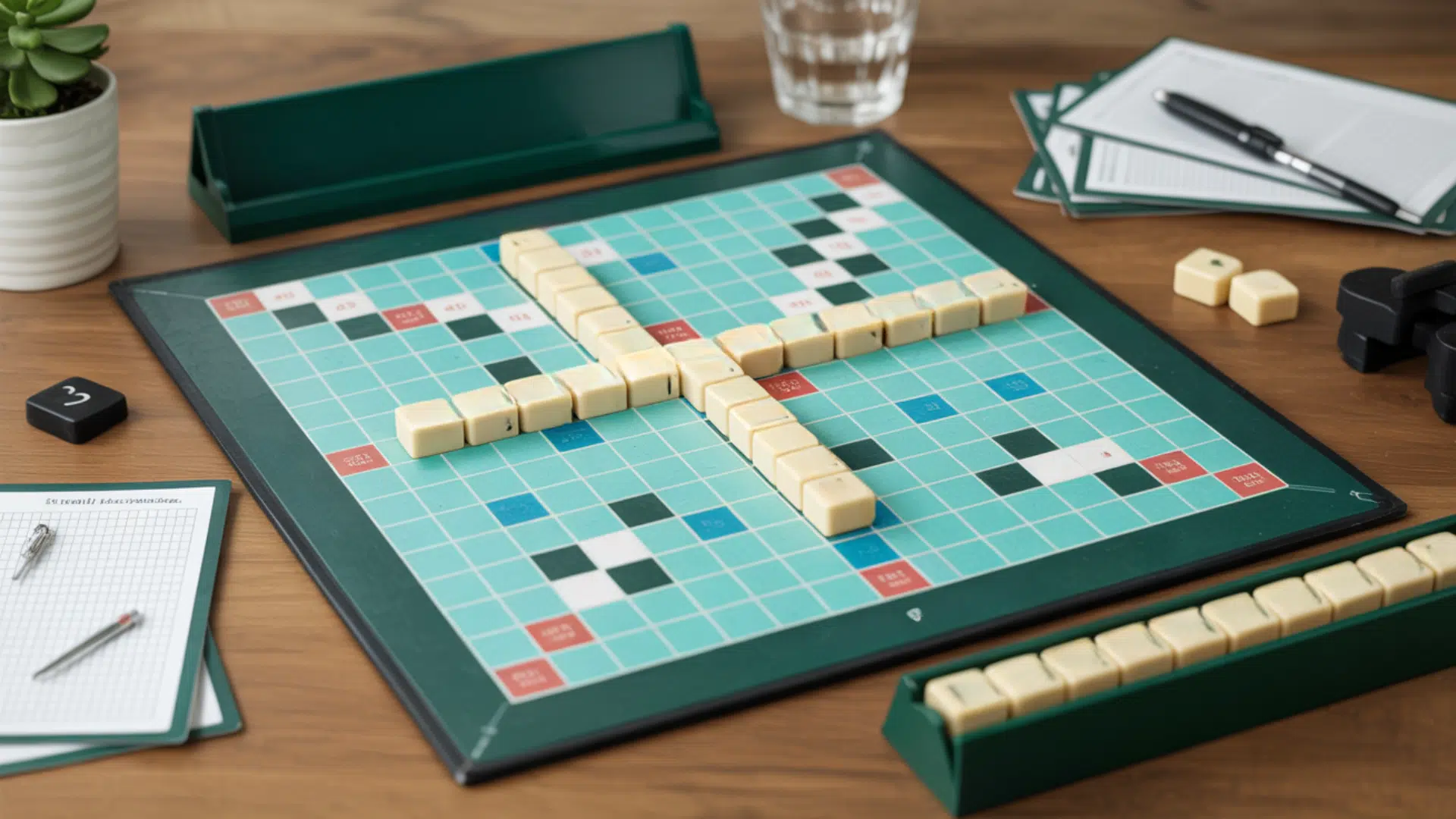
Words ending in the final letter of the alphabet pack serious punch in word games because they carry high point values. Players who know these terms can score big points and often win games with strategic placement.
- High scoring potential: These words are worth significant points in Scrabble, making even short terms valuable. A simple three-letter word can easily score 20 or more points when placed correctly on premium squares.
- Strategic board placement: These terms work well for connecting to existing letters on the board. Players can build off common endings or prefixes to create multiple words in one turn, multiplying their scores significantly.
- Crossword solving advantages: Puzzle solvers who recognize these patterns can fill in blanks faster. Fun words that end with Z often appear in crosswords because they provide unique letter combinations that puzzle makers love using.
- Game-winning moves: Experienced players save these high-value terms for crucial moments in games. A well-placed word can swing the score dramatically, especially when combined with double or triple letter bonuses.
- Memory advantages: The unusual nature of these terms makes them easier to remember during gameplay. Players can quickly recall these words when they need high-scoring options under pressure.
The Bottom Line
Learning these distinctive vocabulary terms opens doors to better communication and improved word game performance.
The collection showcases how fun words that end with z can make language learning enjoyable rather than tedious.
These terms bring personality to conversations and give players competitive advantages in puzzles.
Start incorporating them into daily speech and watch how they spark interesting discussions while building stronger vocabulary skills.

